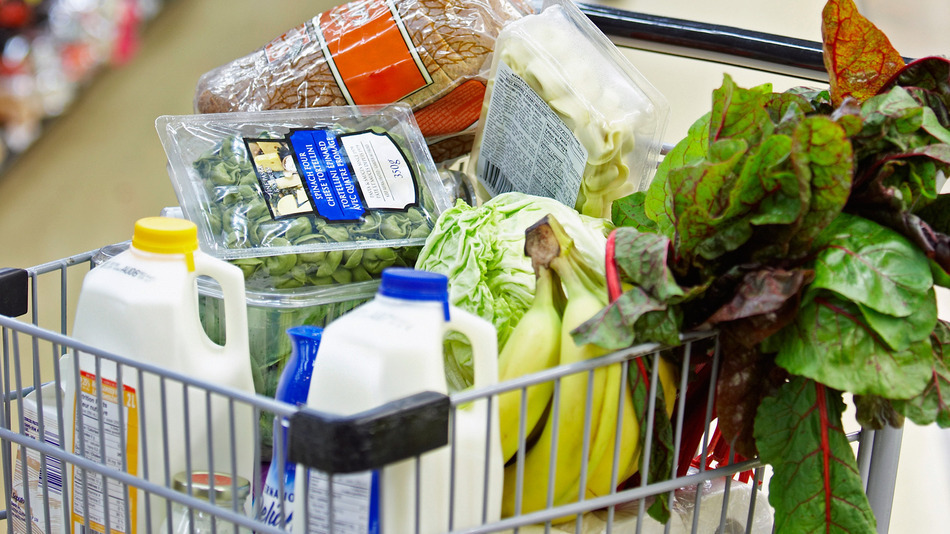New French legislation has made it illegal for supermarkets to dispose of, or destroy, unsold foodstuffs. The law was introduced to tackle the epidemic of waste alongside food poverty. Supermarkets must now donate unwanted food to charities or for use as animal feed.
Arash Derambarsh, the French campaigner who kickstarted the change in legislation, is now turning his attention to the rest of the world. The food waste legislation is tabled to be discussed at the next autumn G20 meeting. In the UK, where levels of food waste are anything up to 30% higher than in France, there are going to be some hard questions to answer.
Reducing global food waste is going to be an essential condition if we're to feed the planet's growing population. But any decisions about "giving away" unsold food to charities need to be taken in the context of the nature of food past its "best before" dates and associated food safety risks.
Food safety
Food waste, in the context of food safety, can be divided into two types: products with high moisture content, such as meat, dairy products and fresh perishable produce such as vegetables and fruit; and related intermediate moisture products, including bread.
In the first group, the risk associated with the consumption of products after the "best before" date will depend on specific characteristics. Consumption of a yogurt that doesn't show any alteration or "gone off" odor may not be a problem in terms of food safety. It will probably have increased acidity which will make it sharper and less pleasant, but not unsafe to eat.
On the other hand, consumption of products such as "ready-to-eat" salads, might be counted as a serious risk for the consumer, since such products can be contaminated with a small number of pathogenic bacteria such as Salmonella that can still be growing, even under very strict packaging conditions, and become a problem when eating a product after its normal lifespan.
The "intermediate moisture" content foods, such as bakery products, provide good growing conditions for dry-loving molds, some of which can produce mycotoxins (toxic chemicals produced by fungi) which are toxic to both humans and animals. These toxins have been demonstrated to cause several effects, including damage to the liver, poisoning to the kidneys. They have also been related to the development of various syndromes and cancers.
Although these products contain some ingredients in their formulation, for example propionic and sorbic acids and their salts, that are intended to delay the growth of these organisms, they are not able to reduce or kill the initial populations and thus allowing consumption after the recommended times could potentially pose a risk for consumers. Fungi might be growing in the products before they can be detected by smell or sight and may be releasing toxic compounds completely unnoticed.
Early data obtained at the applied mycology group at Cranfield University suggests that climate change conditions (including increased temperature, rainfall or drought conditions and increased atmospheric C02) could lead to an increase in toxin production by some of these species, especially during storage.
Continuous checks of the "sell by" and "best before" dates will have to be performed in the coming years to reduce risk to consumers. Besides, domestic disposal of products contaminated with these fungi may also pose significant risks to consumers by exposure to the spores — a percentage of the population is sensitive (allergic) to spoilage molds, such as Penicillium and Aspergillus.
Fuente: mashable.com
